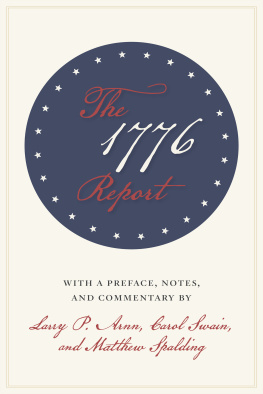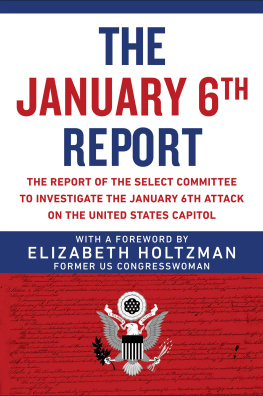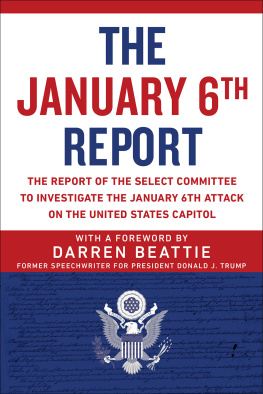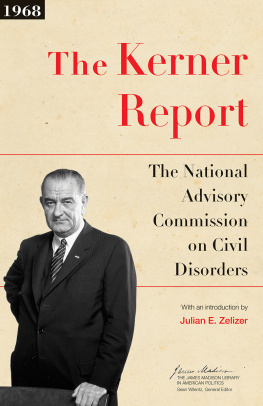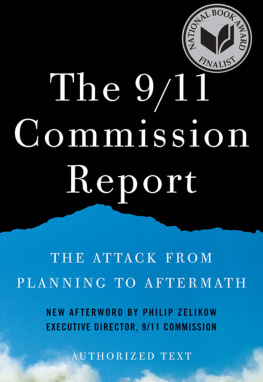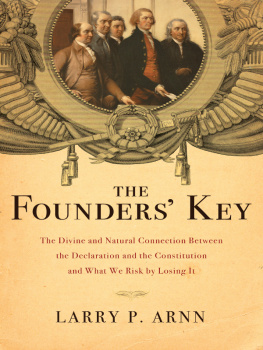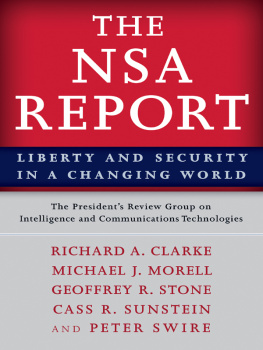Table of Contents
Page List
Guide
THE 1776 REPORT
Preface and Notes 2021
by Larry P. Arnn, Carol Swain, and Matthew Spalding
The text in this edition corresponds to the original report released by The Presidents Advisory 1776 Commission in January 2021.
The 1776 Report is in the public domain and no copyright is claimed therein.
All rights reserved. No part of this publication may be reproduced, stored in a retrieval system, or transmitted, in any form or by any means, electronic, mechanical, photocopying, recording, or otherwise, without the prior written permission of Encounter Books, 900 Broadway, Suite 601, New York, New York 10003.
First American edition published in 2021 by Encounter Books, an activity of Encounter for Culture and Education, Inc., a nonprofit, tax-exempt corporation.
Encounter Books website address: www.encounterbooks.com
Manufactured in the United States and printed on acid-free paper. The paper used in this publication meets the minimum requirements of ANSI/NISO Z39.48-1992
(R 1997) (Permanence of Paper).
FIRST AMERICAN EDITION
LIBRARY OF CONGRESS CATALOGING-IN-PUBLICATION DATA IS AVAILABLE
TABLE OF CONTENTS
T HE 1776 REPORT proceeds from a commission announced on Constitution Day, September 17, 2020. Its purpose was to advise the President of the United States and the nation about how to prepare for the 250th anniversary of the Declaration of Independence in July 2026.
The Commissions first responsibility was to produce a report summarizing in accurate terms the principles of the American founding and how these principles have shaped our country. Accurate and honest telling of the American story being vital to well-being and unity of the nation, the Commission was also directed to consider ways to recover and sustain an excellent teaching of American history.
While we are partisans of the cause of our country, this report is not a partisan effort. Most of the history set forth in this report enjoys broad agreement among scholars. Our task was to summarize that history, make note of some contentious issues, and ponder how the story of the American Founding might be best taught to our students. We composed this report and submitted it to one president with the full intent to advise that one, or the next, whatever might come.
We offered The 1776 Report to a deeply divided nation. Our divisions today are not so grave as the worst, which came in the American Revolution and again in the Civil War, but as in those times we differ greatly about the central meaning of our nation. And because the principles of the nation make claims about the nature of human beings and about human liberty, we are arguing today about the basis of everything human.
The principles and events of the American founding are a matter of history. The way to settle disputes about them is to examine the historical record. In that record will be found the truth about what Americas founders meant, intended, and envisioned in establishing this nation. This report calls for such an examination. The purpose of studying history, like education itself, is the pursuit of truth. We today may differ from the founders very much, but that does not change what they thought and did, and to know what they thought and did provides us context and likely direction for our time.
The 1776 Report rehearses some evident and essential features of American history. It recommends that these become the framework through which American history is taught. These features include the majesty and the unique nature of the Declaration of Independence, the central document of our nations founding that, despite its practical purposes, articulates universal principles of freedom and equality that are true for all men and all time.
They include the unsurpassed success of the Constitution of the United States, the basis of a representative form of government wherein the people are the sovereign over a government to which they have vested the authority to secure their rights according to their consent.
They also include the imperfections in and stains upon American history, small and large, especially the blight of slavery and race discrimination, and they include the obvious fact that those particular practices are condemned with eloquence and lasting fame by the Declaration of Independence.
They include the story of the greatest Americans, the ones who fought against despotism from Bunker Hill to Yorktown, who fought against slavery at Gettysburg and Cold Harbor and hundreds of other battles; against tyranny at Belleau Wood, Omaha Beach, and Pork Chop Hill. They include especially those who perished in all those battles, and in battles still today, and those yet to come.
They include those who led those soldiers and helped to inspire their sacrifices, statesmen like Washington and Lincoln, Franklin Roosevelt and Ronald Reagan; civic leaders like Frederick Douglass, Susan B. Anthony, Booker T. Washington, and Martin Luther King, Jr. They include the men and women of every color who fought to protect the rights of all. They were all, black and white, men and women, devoted to the ideals of the Declaration of Independence.
This is the story of America, one of the most consequential and inspiring stories in human history. It is the only basis upon which we can unite as a people, for it is our story. It makes us a people, and ennobles our common purpose. We should recover it, teach it, and revere it.
The 1776 Report was submitted to the President and released as a public document on January 18, 2021Martin Luther King Jr. Day. The Presidents Advisory 1776 Commission was abolished by an Executive Order of the next President on Inauguration Day, January 20, 2021.
Herein is the original text of The 1776 Report, with the addition of footnotes and some explanatory commentary to support our work. It was written not for professional historians as much as for the American people. We intend it to inform but also to inspire. We encourage you to read it for yourself.
While a Commission can be formally dissolved, and a document may be removed from a website, these principles and our history can never be erased.
We will allindeed, all of us mustcontinue to work together to perpetuate and defend these principles and the free life they protect.
I N THE COURSE of human events there have always been those who deny or reject human freedom, but Americans will never falter in defending the fundamental truths of human liberty proclaimed on July 4, 1776. We willwe mustalways hold these truths.
The declared purpose of the Presidents Advisory 1776 Commission is to enable a rising generation to understand the history and principles of the founding of the United States in 1776 and to strive to form a more perfect Union. This requires a restoration of American education, which can only be grounded on a history of those principles that is accurate, honest, unifying, inspiring, and ennobling. And a rediscovery of our shared identity rooted in our founding principles is the path to a renewed American unity and a confident American future.
The Commissions first responsibility is to produce a report summarizing the principles of the American founding and how those principles have shaped our country. That can only be done by truthfully recounting the aspirations and actions of the men and women who sought to build America as a shining city on a hillan exemplary nation, one that protects the safety and promotes the happiness of its people, as an example to be admired and emulated by nations of the world that wish to steer their government toward greater liberty and justice. The record of our founders striving and the nation they built is our shared inheritance and remains a beacon, as Abraham Lincoln said, to all men and all times.

